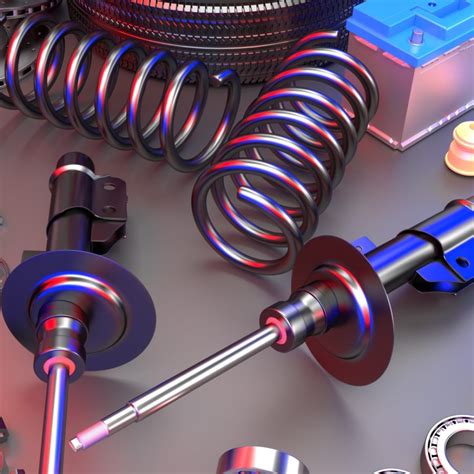Leaded Gas in Your Marine Engine: Expert Solutions
Leaded gasoline, once ubiquitous, is now largely a thing of the past for automotive engines. However, some boat owners still encounter it, particularly with older engines or in regions with less stringent fuel regulations. Using leaded gas in a marine engine designed for unleaded fuel can lead to serious and costly damage. This article explores the risks, identifies potential scenarios where you might encounter leaded fuel, and offers expert solutions for dealing with this issue.
Why is Leaded Gas Harmful to Marine Engines?
Leaded gasoline contains tetraethyl lead, a toxic additive that significantly increases engine wear and tear. This lead deposits on vital engine components such as:
- Spark plugs: Lead fouling leads to misfires, reduced performance, and ultimately, engine damage.
- Exhaust system: Lead buildup can restrict exhaust flow, causing overheating and potential catastrophic failure.
- Catalytic converter (if equipped): Lead will rapidly poison and destroy a catalytic converter, a crucial emission control component.
- Sensors and other engine parts: Lead contamination can disrupt the function of sensitive electronic components and cause premature wear.
Unlike older engines specifically designed for leaded fuel, modern marine engines are optimized for unleaded fuel. The use of leaded gasoline in these engines renders their warranties void and can lead to substantial repair costs.
How Can I Tell if My Marine Engine Needs Leaded or Unleaded Gas?
The most reliable way to determine the appropriate fuel type is by consulting your engine's owner's manual. The manual will clearly specify whether your engine requires leaded or unleaded gasoline. The fuel type is often indicated on a decal affixed to the engine itself. If you can't find this information, contacting the engine manufacturer directly is crucial.
What if I Accidentally Put Leaded Gas in My Unleaded Engine?
Accidental use of leaded gasoline is a serious concern. Here's what to do:
- Stop using the engine immediately. Continued operation will exacerbate the damage.
- Contact a qualified marine mechanic. They can assess the extent of the damage and recommend appropriate remedial action.
- Do not attempt to flush the system yourself. Incorrect procedures can cause further damage. A professional mechanic has the expertise and tools to properly address the situation.
Can I use Leaded Gas in an Older Marine Engine Designed for Leaded Fuel?
While older engines were designed for leaded fuel, the availability of leaded gasoline is decreasing globally due to environmental concerns. If your engine requires leaded fuel, you might need to consider alternative solutions:
- Search for specialist suppliers: Some specialized suppliers might still offer leaded gasoline, but this is becoming increasingly rare. Thoroughly verify the supplier's legitimacy before purchasing.
- Engine conversion: In some cases, converting an older engine to run on unleaded fuel might be a viable option. This is a significant undertaking, requiring expertise and potentially substantial cost. Consult a marine mechanic to discuss the feasibility and cost implications.
What are the long-term implications of using leaded gasoline in my marine engine?
Continued use of leaded gasoline in an unleaded engine can lead to:
- Extensive and costly repairs: Replacing damaged components can be very expensive.
- Engine failure: Severe lead contamination can result in complete engine failure.
- Environmental damage: Leaded gasoline is harmful to the environment.
How can I prevent using leaded gasoline in my marine engine in the future?
Prevention is key:
- Always check your owner's manual: Regularly consult your engine's manual to confirm the correct fuel type.
- Clearly label your fuel: If you have multiple fuel containers, label them clearly to avoid confusion.
- Be cautious at unfamiliar fueling stations: Inquire about the fuel type before refueling, particularly in less familiar locations.
By understanding the risks and taking appropriate precautions, you can ensure the longevity and performance of your marine engine. Remember, prevention is always better than cure when it comes to preventing the damage caused by leaded gasoline. Always consult with a qualified marine mechanic for any concerns about your engine or fuel system.

